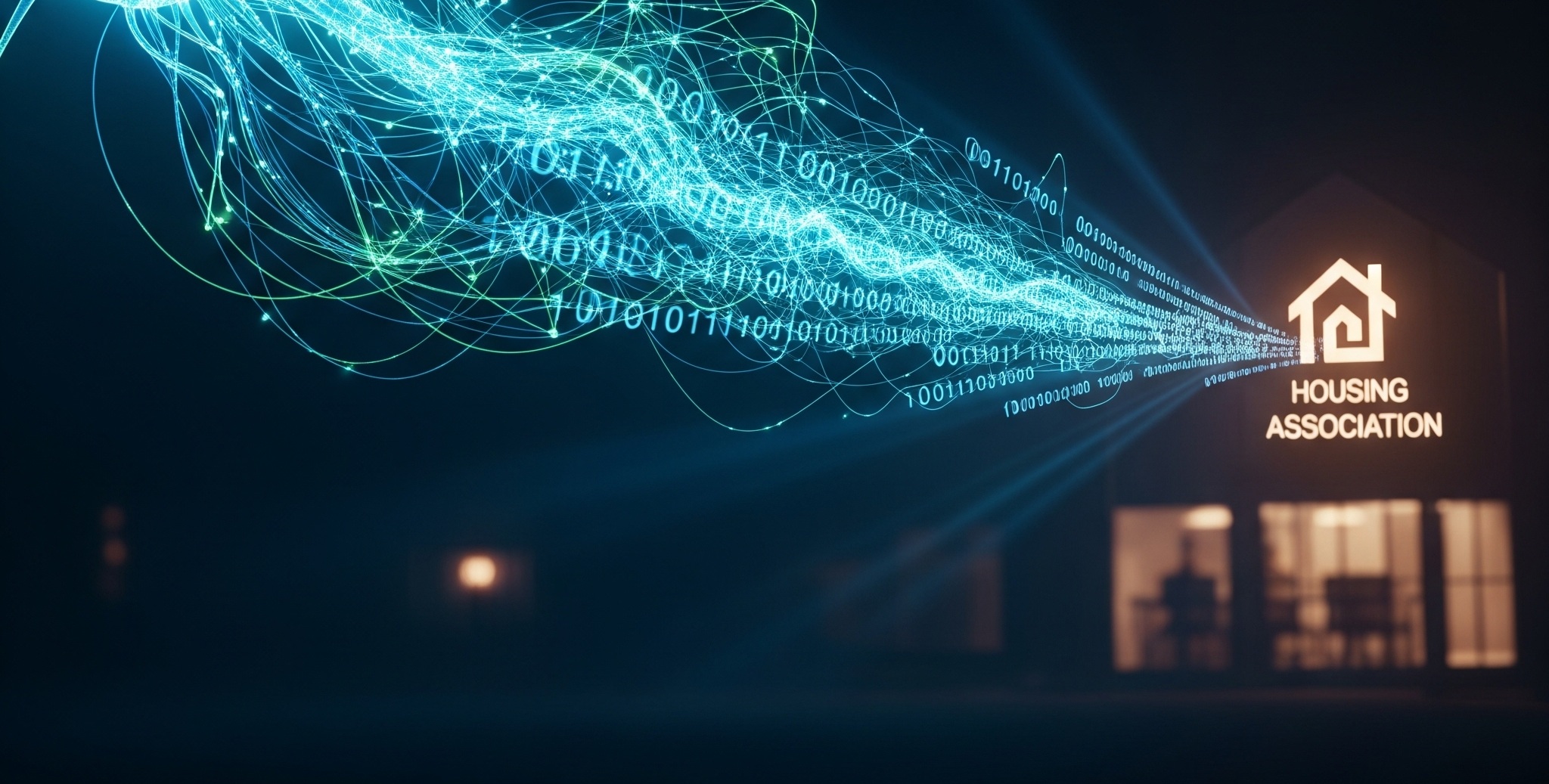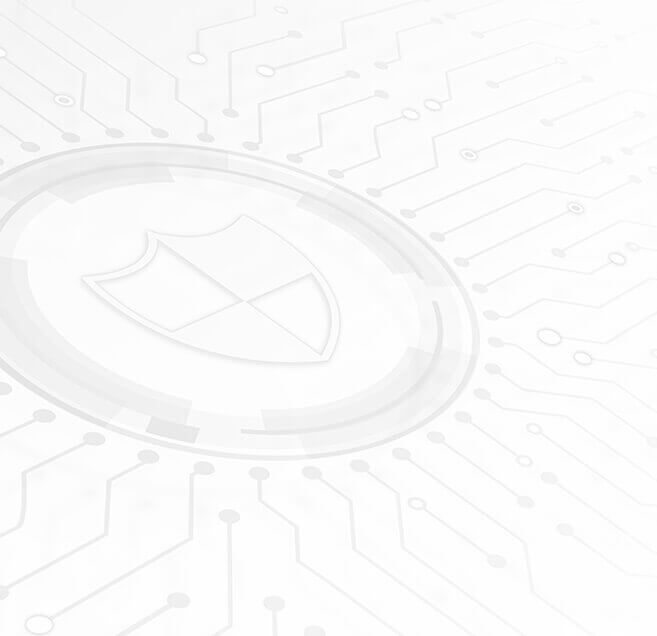
The rise of artificial intelligence (AI) has presented a crucial crossroads for organisations across every sector, and housing is no exception. With its huge potential to save time, reduce costs, and improve tenant services, AI is an enticing prospect. However, as an article in Inside Housing recently questioned, is the sector already “too late” in the race to prepare for AI? The pace of AI adoption and the potential for pitfalls suggest that housing providers must act decisively and strategically to harness its power while mitigating its risks.
The benefits of AI for housing associations are clear and compelling. AI-powered chatbots and virtual assistants can handle routine enquiries, freeing up staff to focus on more complex, person-centred issues. Predictive maintenance models, fed with data from sensors and historical records, can anticipate and prevent costly repairs before they escalate. AI can also be used to identify tenants at risk of rent arrears, enabling early intervention and support. These applications have the potential to significantly improve operational efficiency and tenant satisfaction.
However, the rapid adoption of AI is not without its challenges. The same Inside Housing article that highlighted the potential of AI also raised serious concerns about mistakes, misuse, and legal ramifications. If staff are already using AI tools on their own, potentially without proper oversight, this creates a significant risk. The information provided by a public-facing AI can be inaccurate or biased, leading to poor decision-making and legal exposure. Furthermore, the use of sensitive tenant data without a robust governance framework can lead to serious breaches of data protection regulations like GDPR.
This is where the concept of “AI readiness” becomes critical. It’s not just about acquiring the technology; it’s about establishing a framework for its ethical, secure, and effective use. Housing associations, in particular, must ensure that their AI protocols align with their core values of fairness and transparency. Key steps to achieving this readiness include:
- Data Governance: AI is only as good as the data it’s trained on. Many housing providers struggle with fragmented, inconsistent, and incomplete data, making it difficult to implement AI at scale. A foundational step is to clean up data and establish robust governance protocols to ensure its accuracy and reliability.
- Training and Oversight: Staff need to be educated not only on how to use AI tools but also on their limitations and the potential for error. A culture of human oversight is essential, particularly for AI-assisted decisions that have a direct impact on tenants’ lives, such as housing allocations or support services.
- Ethical Frameworks: AI systems can perpetuate and even amplify existing societal biases if not carefully managed. Housing associations must proactively audit their AI tools for bias and establish a clear ethical framework to guide their use, ensuring that the technology promotes equity rather than perpetuating discrimination.
For organisations seeking a structured approach to managing these risks, ISO42001 is the standard specifically related to AI. As specialists in this standard, Mondas helps organisations establish an Artificial Intelligence Management System (AIMS). This framework provides a comprehensive approach to governing AI, covering everything from risk management and impact assessments to continuous monitoring and improvement. By adopting a standard like ISO 42001, housing providers can demonstrate to tenants, regulators, and other stakeholders that their use of AI is transparent, accountable, and secure.
The question of whether it’s too late to get ready for AI is less about timing and more about a commitment to a responsible, strategic approach. While the housing sector has a unique opportunity to use AI to address pressing challenges, it must do so with a clear understanding of the risks involved. By prioritising data quality, staff training, and robust governance frameworks like ISO 42001, housing organisations can move beyond the hype and ensure that AI becomes a force for good, enhancing services and creating a more efficient and equitable future for all.
Discover if Mondas can help your organisation protect against any potential pitfalls from AI and establish industry governance, get in touch today.





